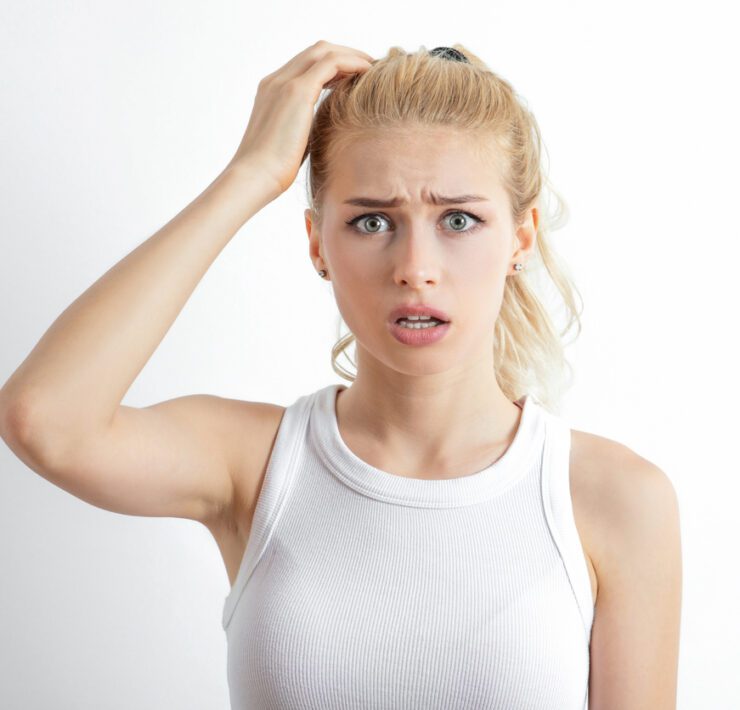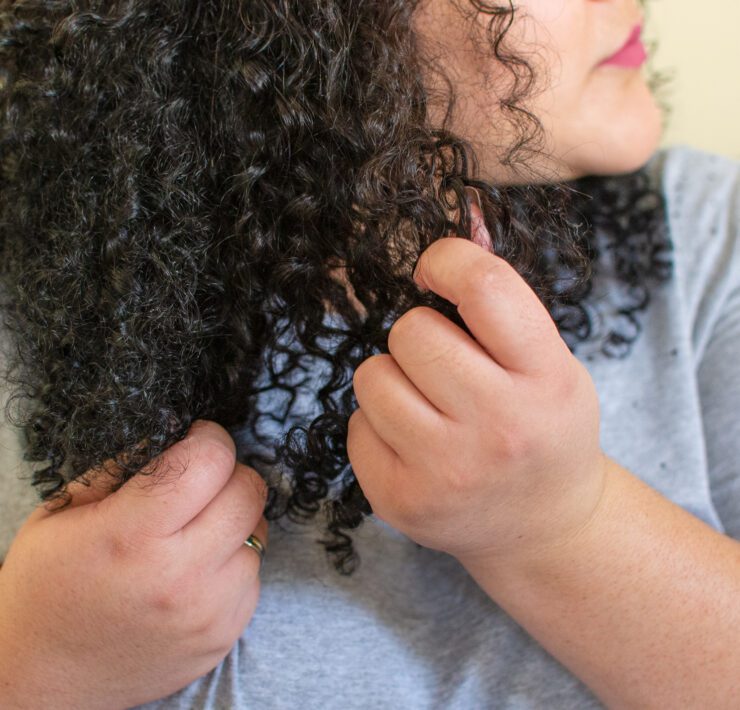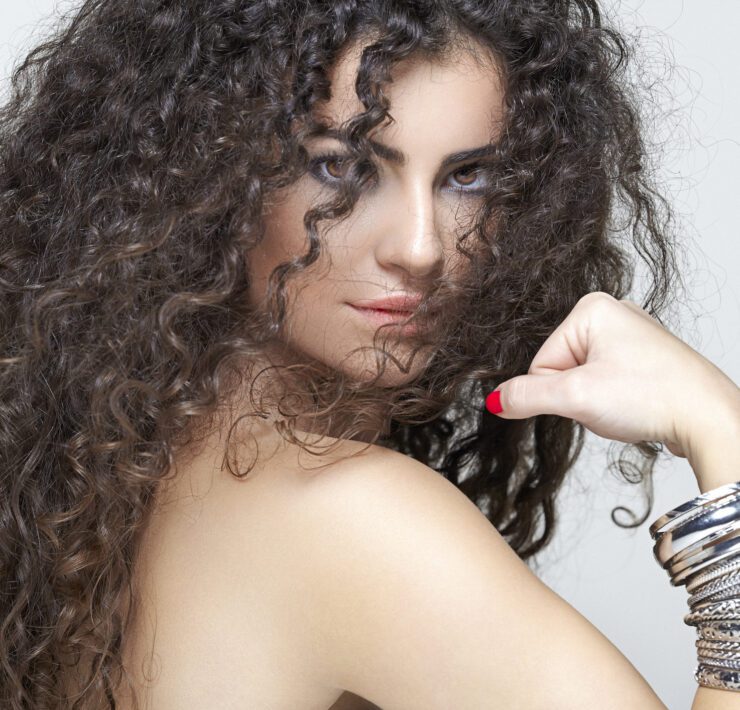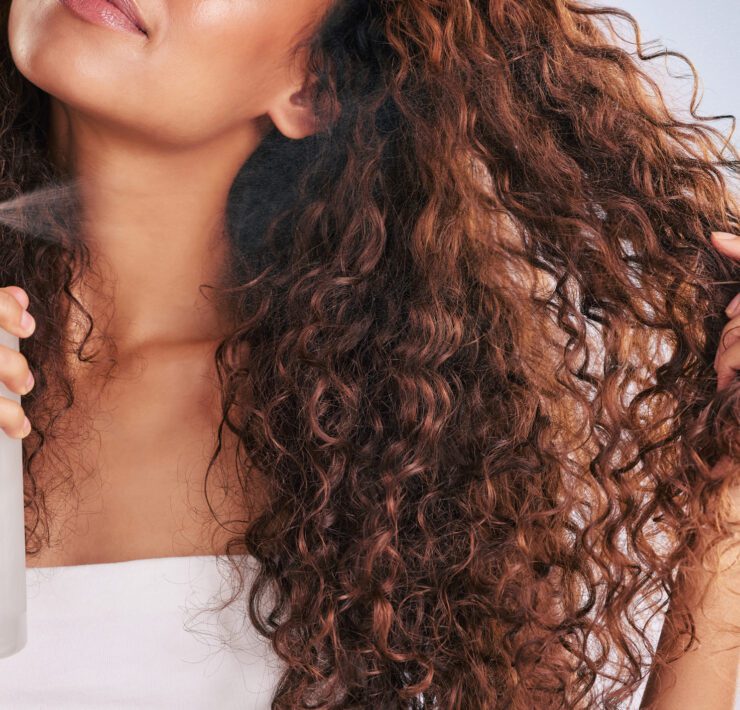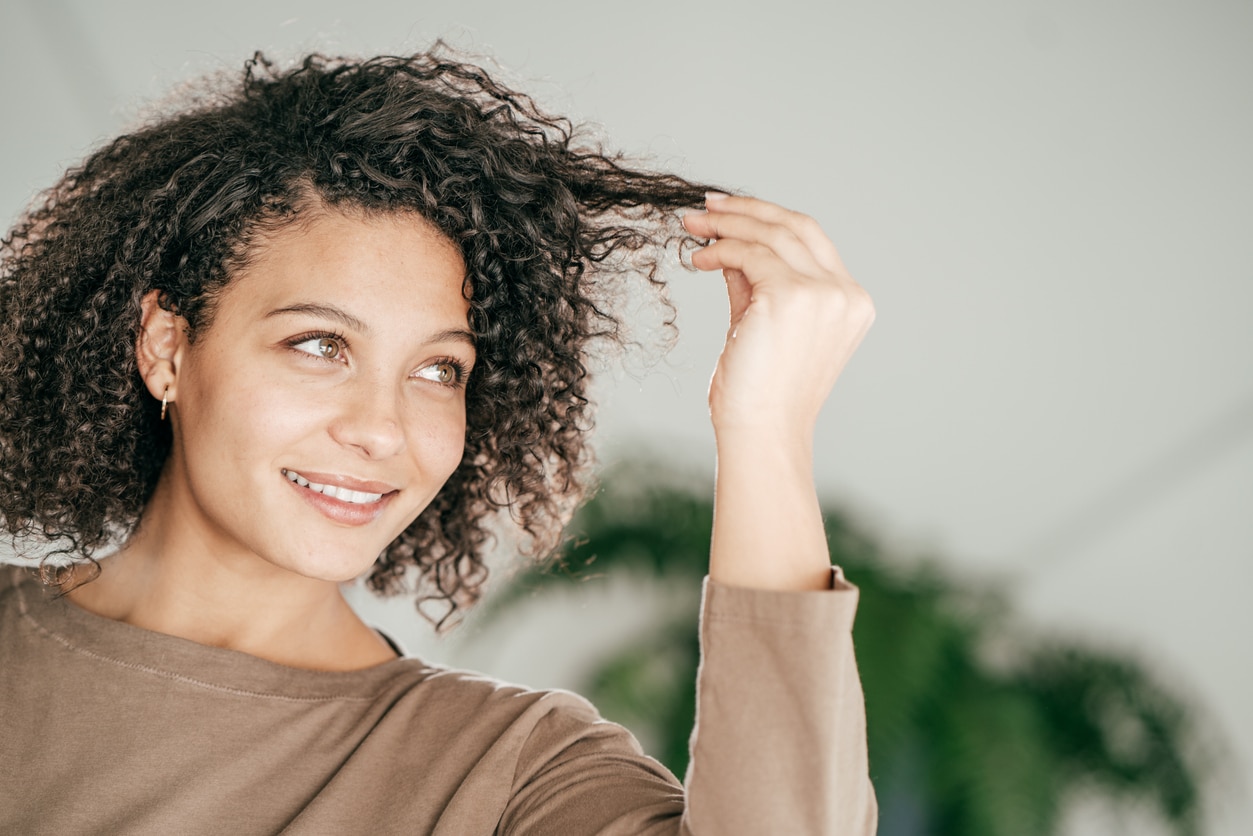
There is nothing more beautiful than shiny, bouncy, natural curls. But for those who have them, it does come with some specific challenges, not least in maintaining good scalp health and reducing the potential for hair loss.
Unfortunately, many people who have curly hair struggle with dryness, breakage, or excessive shedding, with the root cause of the issue often lying within the scalp.
While a healthy scalp provides the foundation for strong, thriving curls, an unhealthy one can lead to hair thinning, breakage, and even long-term hair loss.
Clearly, the latter is a situation you will want to avoid. So, to help you counteract it, we’ve put together this post.
In it, we explore the causes of hair loss in people with curly hair, when you should seek professional help and the best practices you can adopt to maintain a healthy scalp that maintains a good head of hair.
Hopefully, you will find it a useful resource.
Understanding Hair Loss in People with Curly Hair
You might not be aware of this, but curly hair is naturally drier than straight hair because scalp oils aren’t able to travel down the twists and turns of each strand easily.
Over time, this lack of moisture can lead to breakage, split ends, and fragile hair that sheds more easily. However, beyond dryness and breakage, hair loss can also be caused by several factors, including hereditary hair loss (aka androgenetic alopecia) which can occur in people with all hair types.
Additionally, hormonal changes, such as pregnancy, postpartum shedding, menopause, and thyroid imbalances can contribute to hair thinning, and scalp conditions like dandruff, seborrheic dermatitis, and scalp psoriasis can disrupt hair growth, too.
Other reasons could be tight hairstyles like braids, weaves, or buns causing traction alopecia, nutritional deficiencies, in particular, a lack of iron and vitamin D, poor lifestyle choices, and stress.
When to Seek Professional Help
If you’re experiencing excessive hair loss, thinning patches, or a consistently irritated scalp, it may be time to consult a professional.
Dermatologists can help diagnose scalp conditions and recommend treatments, while trichologists (hair and scalp specialists) can assess hair loss patterns and offer tailored solutions.
You could even consult with hair restoration experts like Gro Clinics Australia who can provide advanced hair loss treatments, some of which are non-invasive.
How to Care for Your Scalp and Prevent Hair Loss
The good news is that there are several ways you can reduce hair loss by improving the health of your scalp.
Here are some of the most popular strategies people with curly hair adopt to keep their luscious locks strong and vibrant:
1. Cleanse Your Scalp Properly
Cleaning your scalp properly is a very effective way to prevent hair loss. This should involve washing your hair 2 to 3 times a week with a shampoo that does not contain sulfates or other potentially damaging chemicals.
These types of harsh shampoos should be avoided at all costs because they can strip away natural oils, which could lead to dryness and irritation.
It is also important to use a good conditioner, particularly if you have dry hair.
2. Exfoliate to Remove Buildup
If you use a lot of product there is a good chance there will be a build-up of dead skin and excess oil on your scalp, which can clog hair follicles and impact the growth cycle.
To counter this build-up, it is a good idea to use a scalp scrub or exfoliating shampoo at least once a month. You may also want to mix natural exfoliants like sugar and honey into your conditioner and gently massage your scalp on a regular basis to avoid irritation.
3. Keep Your Scalp Hydrated
Just like your curls need moisture, so does your scalp, which can be prone to dryness, flaking, itching, and hair breakage without it.
Some of the best forms of moisture you can apply to a dry scalp are lightweight oils like jojoba, argan, or grapeseed oil. Alternatively, use a quality deep conditioner, leave-in conditioner or scalp serum, which are specifically designed for hydration.
Moreover, consuming plenty of water and a healthy, nutrient-rich diet are a good way to nourish your scalp from the inside out.
The latter includes plenty of protein-rich foods like eggs, fish, and nuts, and sources of iron and zinc, including leafy greens, lentils, and pumpkin seeds.
You should also try to eat avocado, salmon, and olive oil, as they are full of healthy fats that help to keep hair strong.
4. Use the Right Hair Products
Unfortunately, not all hair products are created equally, so some are better for curly hair than others.
Curly hair, and in particular type 3 curly hair, thrives on products that provide moisture while keeping the scalp balanced, so look for shampoos and conditions that have natural ingredients and are free of sulfates, parabens, and silicones.
You should also avoid heavy creams and waxes that may cause buildup over time.
5. Reduce Stress
Stress is a major contributor to hair loss, which means it is important to reduce the levels of it you experience.
A good way to do this is to ensure you get between 7 and 9 hours of quality sleep every night because doing this will stimulate your hair growth through cell regeneration. However, regular exercise, yoga, and meditation are other things you can do to lower stress levels.


